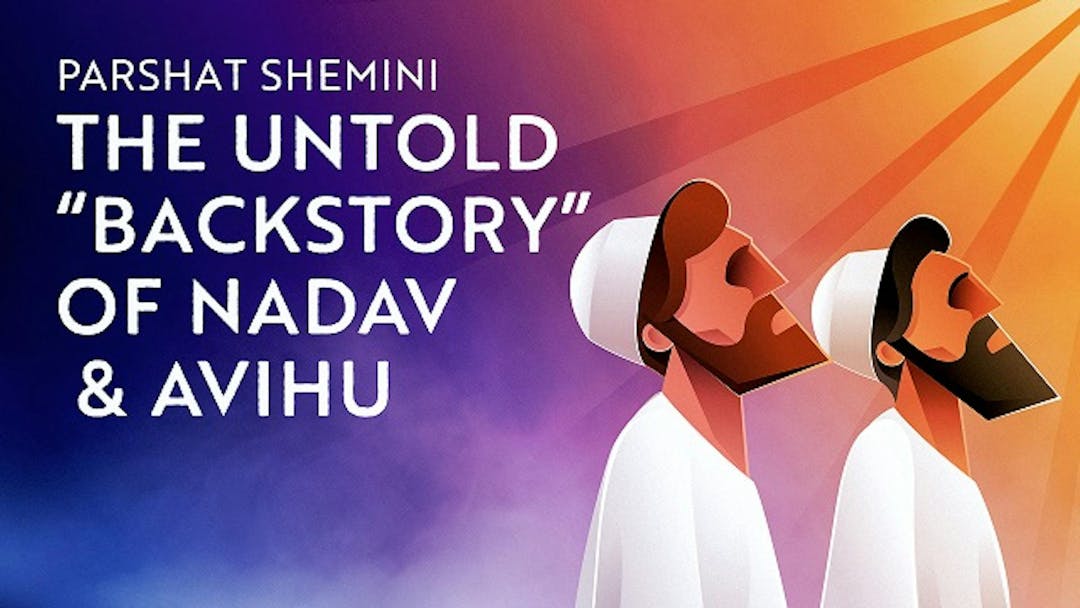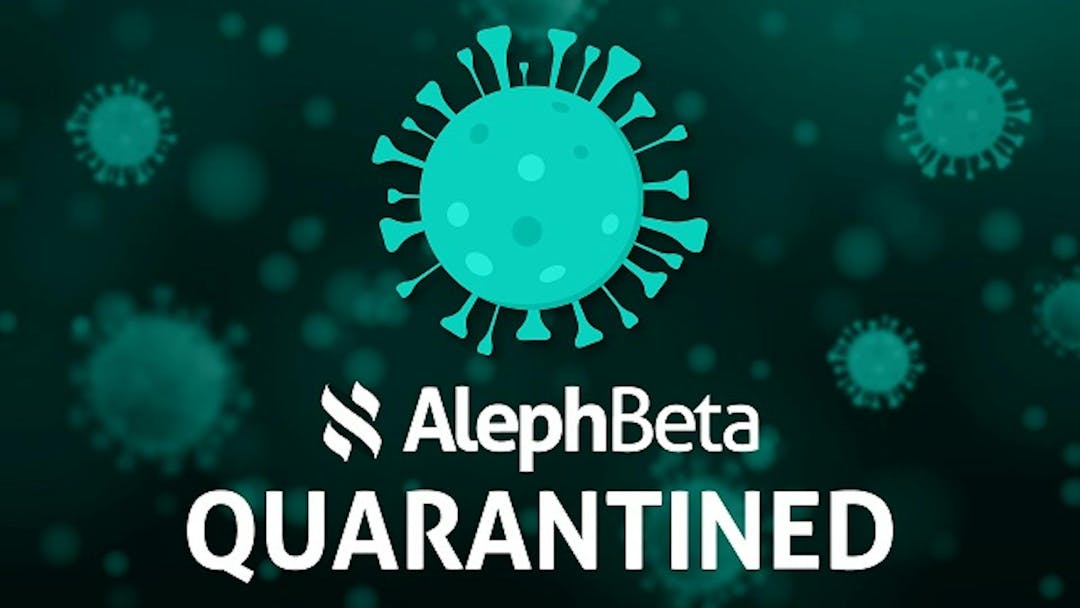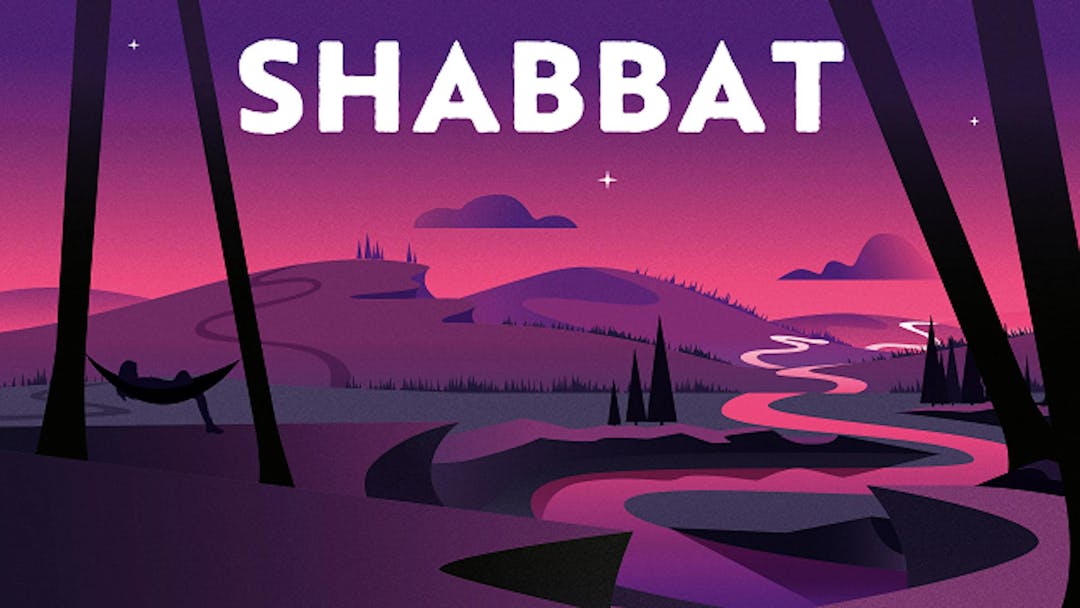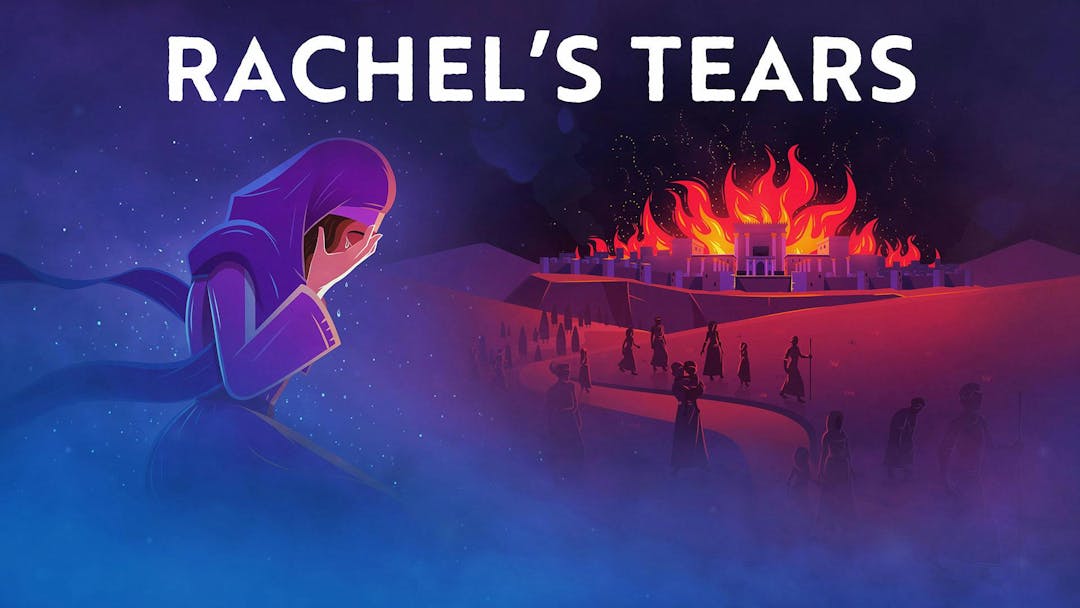Become a premium member today to unlock the full library with unlimited and uninterrupted access
Get StartedIs There Any Meaning Behind The Laws Of Kashrut?
Understanding The Spiritual Meaning Of Kosher Meat
In Parshat Shemini, the Torah talks about the laws of kosher meat. There we find carefully detailed lists of the kosher animals we are permitted and forbidden to eat: be they mammals (like cows, sheep, and goats), fowl (chicken, birds, etc.), fish and other seafood, and even reptiles and insects. For Jews who observe kosher law, it has a huge impact on daily life – shopping, food preparation, and whether you can eat at the office party.
But have you ever stopped to consider why kosher law ("kashrut") restricts us from eating certain animals? When you get into the details of what makes meat kosher, it feels so technical, and even arbitrary! There are rules for each category of animal: mammals must have split hooves and chew their cud, certain fowl (birds) are kosher but not all, fish are kosher if they have fins and scales (but shellfish are not), and there is even one variety of insect that is considered kosher (though few people eat it because many kosher experts believe that we don't know exactly which kind of insect the text refers to).
When you look at this whole body of kosher laws, it's hard to find meaning in the system beyond: "God said not to eat it, so we don't." And while it's certainly meaningful to show our allegiance to God, it doesn't explain why God developed such a technical and complicated system. But what if there's more to kosher law than that? How can we understand the meaning of kashrut beyond merely seeing it as an obligation? What if there was a way to think about kosher law that even strengthens our relationship with God?
In this video, Imu and David focus in on the case of kosher meat — animals that have split hooves and chew their cud — and they ask why those features should make an animal kosher. They explore the Torah's text, science, and morality in search of an answer. Their theory may just change the way that you understand your own relationship to kosher food.
Want to watch the full video for free?
Enter your email and we’ll send you a link to watch the full series free.
What is Aleph Beta?
Aleph Beta is a unique kind of Torah library. Led by our founder, Rabbi David Fohrman, we are dedicated to high-level, textual Torah learning for adults that is intellectually and spiritually sophisticated, that enlivens your Jewish practice and helps you forge a deeper connection to God. Whether you’ve been learning in yeshiva for years or you’re just beginning your Torah journey, you’re sure to find something meaningful and surprising waiting for you here.
Browse our library of over 1,000 beautifully produced animated videos, podcasts, deep dive courses, and printable guides. Topics include the weekly parsha, Jewish holidays & fast days, laws & mitzvot, prayers, relationships, big philosophical ideas and more. Have something to say at the Shabbos table that will amaze your family and guests and bring deep meaning into their lives.











